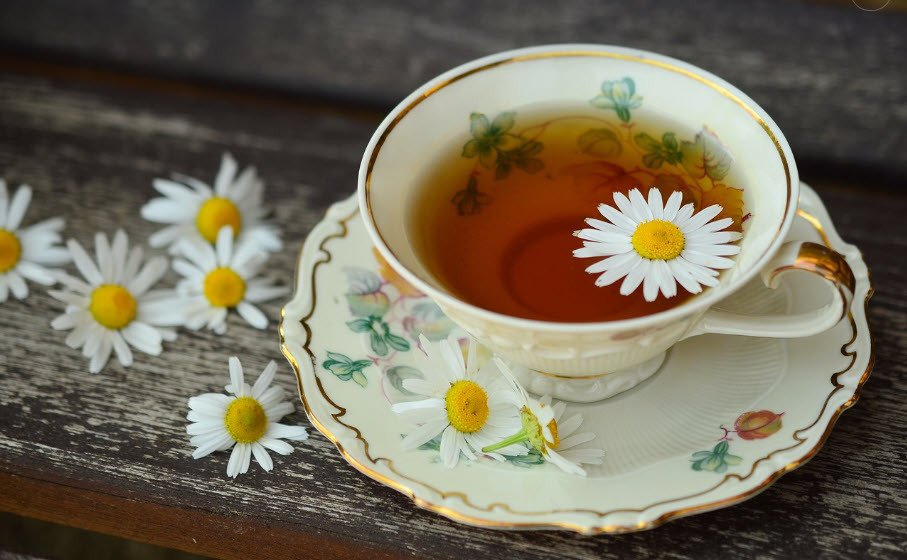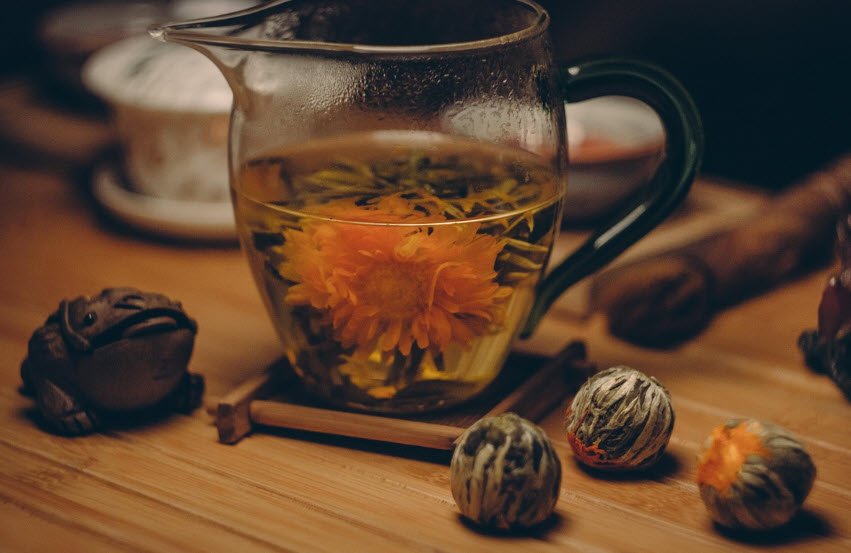Tea is one of the world's most popular beverages, enjoyed for its flavor, aroma, and potential health benefits. But does the timing of your herbal tea consumption affect how your body responds to it? This comprehensive guide explores the optimal times to drink different types of tea for maximum benefits while avoiding potential drawbacks.
Table of Contents
How Timing Affects Tea's Benefits
The effects of tea can vary significantly depending on when you drink it, primarily due to its caffeine content and unique compounds like L-theanine. Different types of tea (black, green, white, herbal) have distinct properties that may make them more suitable for specific times of day.
Morning: The Best Time for Caffeinated Teas
Black and green teas contain caffeine that can help with morning alertness:
- Black tea: Highest in caffeine (40-70mg per cup), ideal for morning energy
- Green tea: Moderate caffeine (20-45mg) with calming L-theanine
- Matcha: Provides sustained energy without jitters (30-70mg caffeine)
Afternoon: The Ideal Window for Green Tea
Early afternoon (1-3 PM) may be the optimal time for green tea's benefits:
- Supports digestion after lunch
- Provides gentle energy without disrupting sleep
- Antioxidants may help combat afternoon fatigue
Evening: Herbal Tea Time
Caffeine-free herbal teas are best for evening relaxation:
- Chamomile: Contains apigenin, which may promote sleepiness
- Peppermint: Aids digestion without caffeine
- Rooibos: Rich in antioxidants but naturally caffeine-free
Scientific Evidence on Herbal Tea Timing
Research suggests that timing matters when consuming tea:
- A 2016 study in Nutrients found tea polyphenols may interfere with iron absorption when consumed with meals
- Research in Psychopharmacology shows L-theanine in tea can reduce stress when consumed in the afternoon
- The American Journal of Clinical Nutrition reports tea catechins may be better absorbed when consumed between meals
Herbal Tea Precautions and Safety Considerations
While tea is generally safe, consider these precautions:
- Avoid drinking tea immediately after waking up as it may cause dehydration
- Wait 30-60 minutes after meals to prevent mineral absorption interference
- Limit caffeinated teas 6 hours before bedtime to prevent sleep disruption
- Those with iron deficiency should consume tea between meals rather than with food
Key Takeaways
- Morning is best for caffeinated teas like black and green tea
- Early afternoon may optimize green tea's cognitive benefits
- Evenings are ideal for caffeine-free herbal varieties
- Avoid tea immediately after waking or right before bed
- Consume tea between meals for maximum nutrient absorption
Frequently Asked Questions
Is it bad to drink tea first thing in the morning?
It's better to hydrate with water first, then have tea 30-60 minutes after waking. Drinking tea on an empty stomach may cause nausea for some people.
Can I drink green tea at night?
Decaffeinated green tea may be fine, but regular green tea contains enough caffeine to potentially disrupt sleep if consumed in the evening.
How long should I wait to drink tea after eating?
Waiting 30-60 minutes after meals is recommended to prevent interference with iron absorption from food.
What's the worst time to drink tea?
Right before bed (for caffeinated teas) or immediately after meals (if you're concerned about mineral absorption).
Does tea dehydrate you?
While caffeine has mild diuretic effects, the water in tea more than compensates. Tea contributes to daily hydration needs.
Disclaimer: The content of this post is provided for informational purposes only. It is essential to consult with a qualified healthcare professional before making any decisions regarding your health or wellness. The author is not a licensed medical professional, and this information should not be considered medical advice.
What's your favorite time to enjoy tea, and which variety do you prefer? Share your tea-drinking habits in the comments below!
If you require any assistance with this article, please do not hesitate to Contact Us














